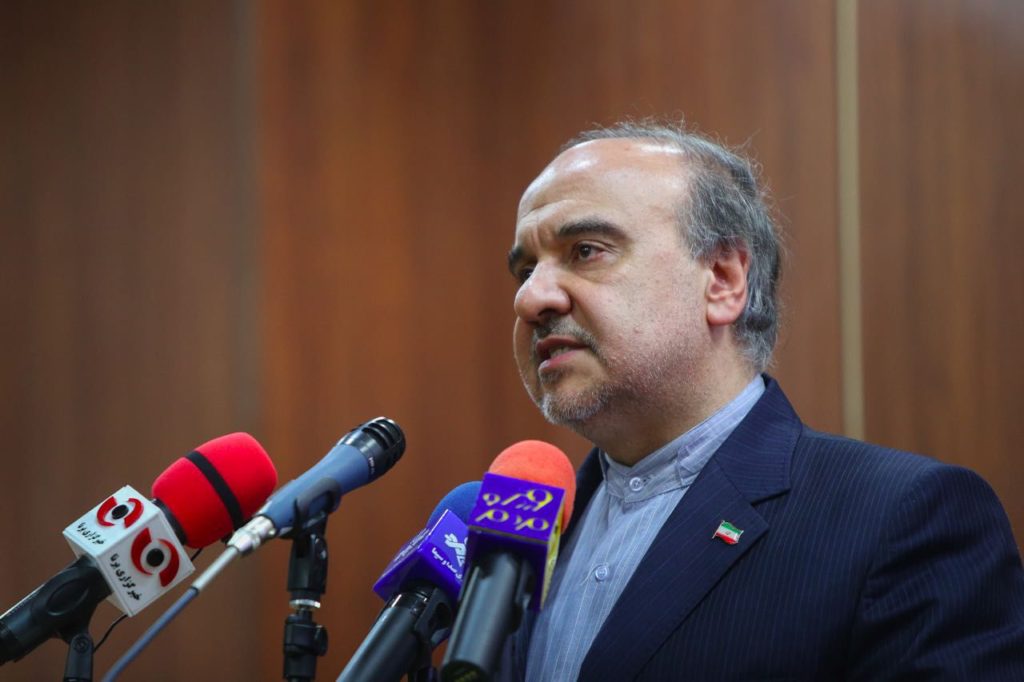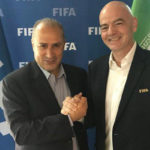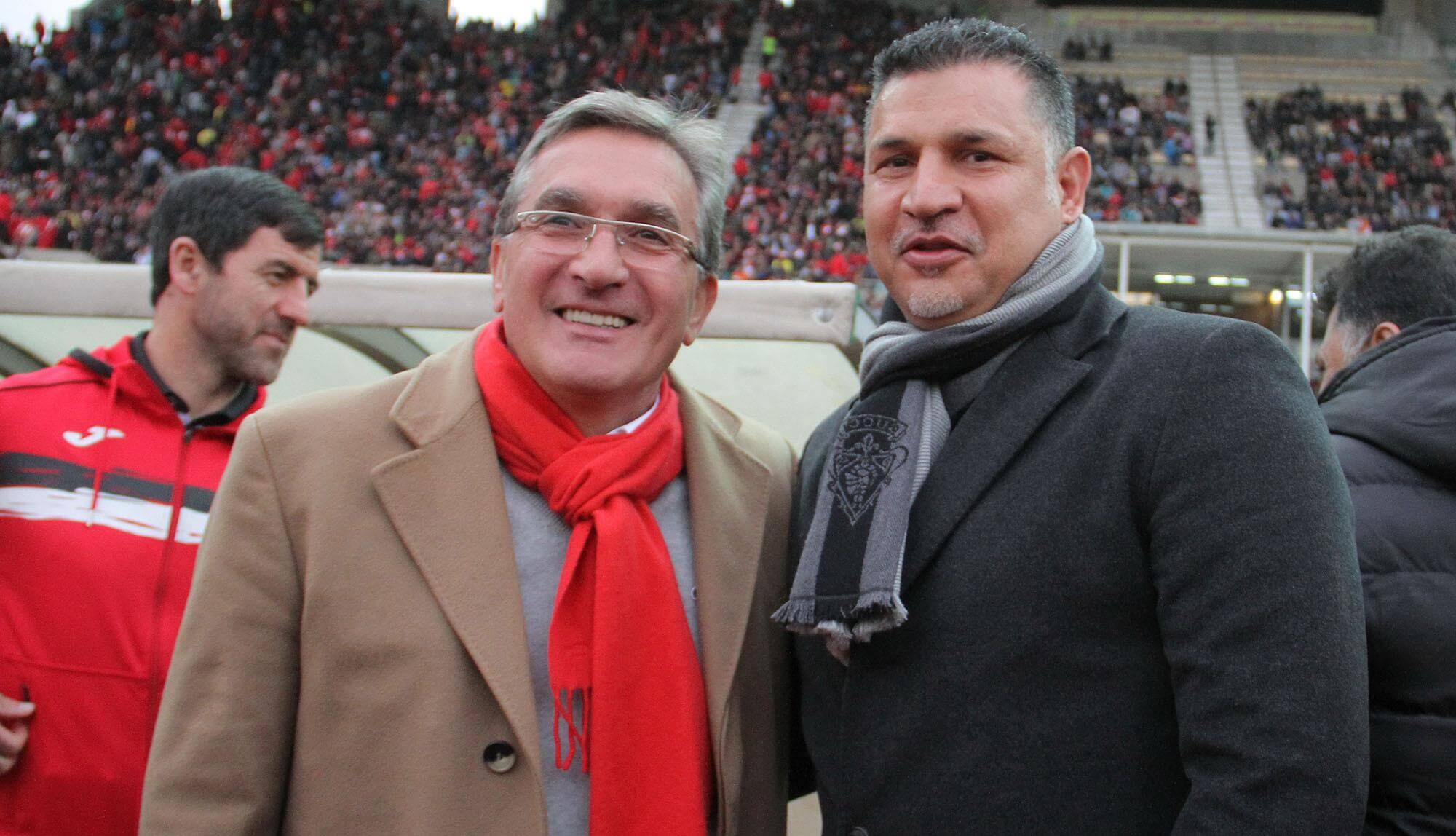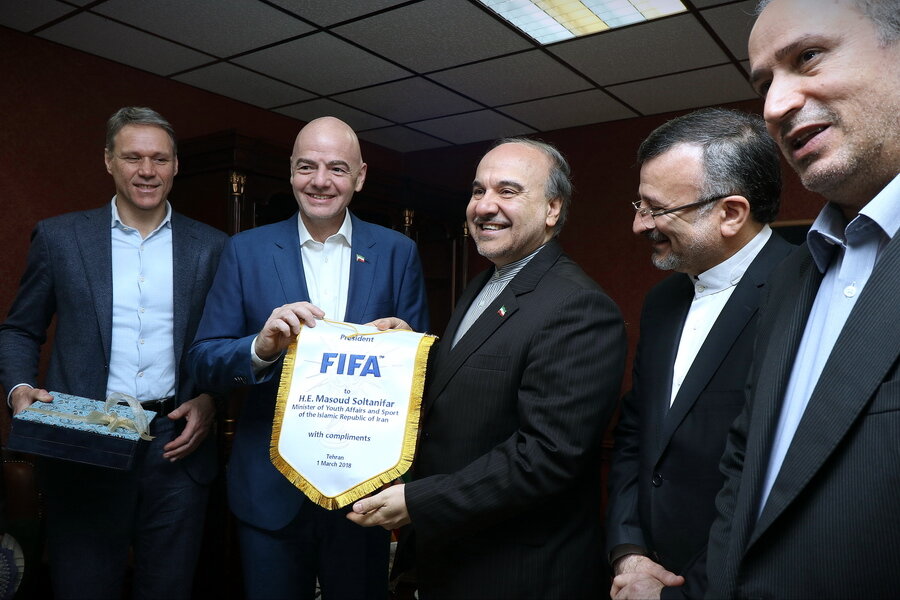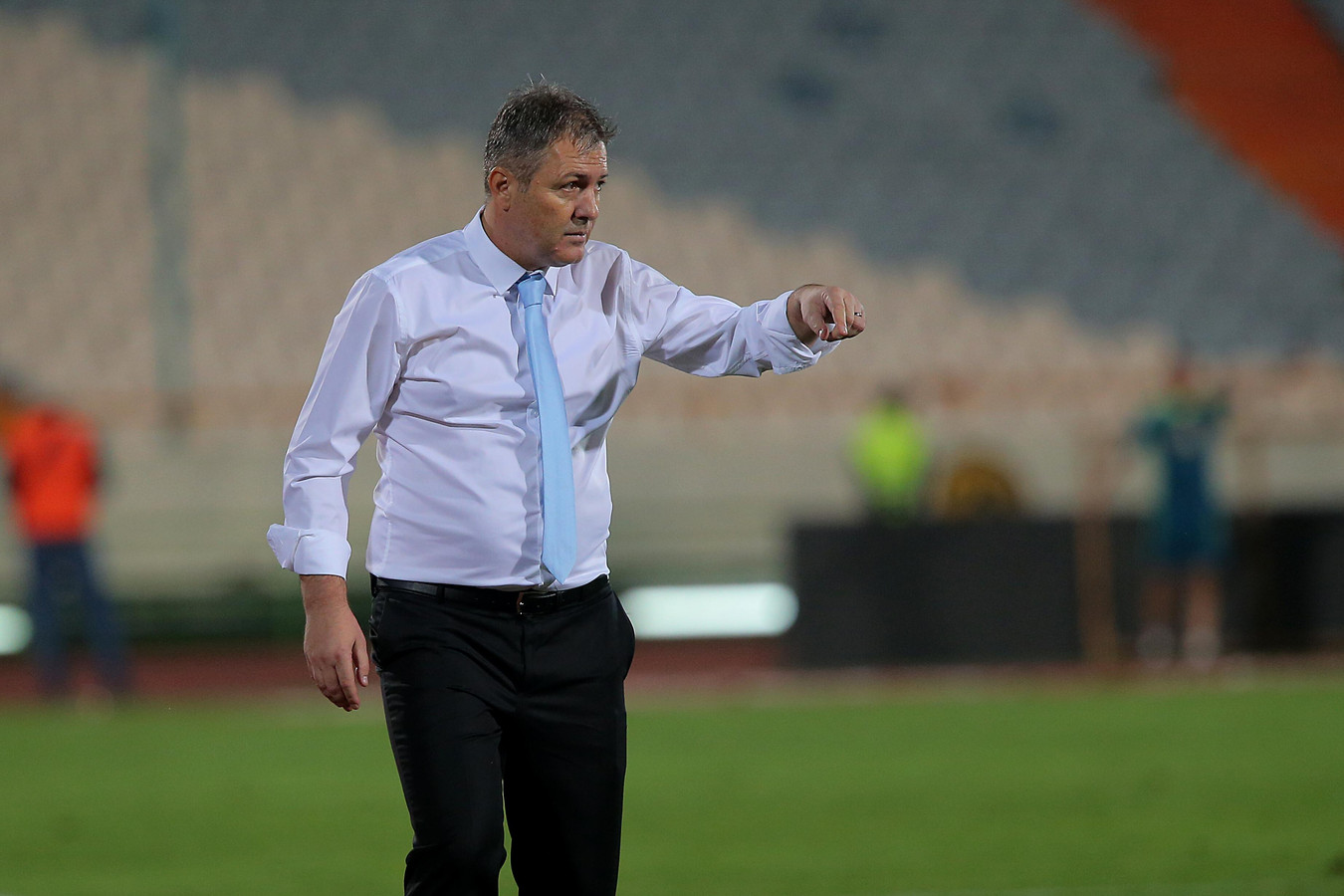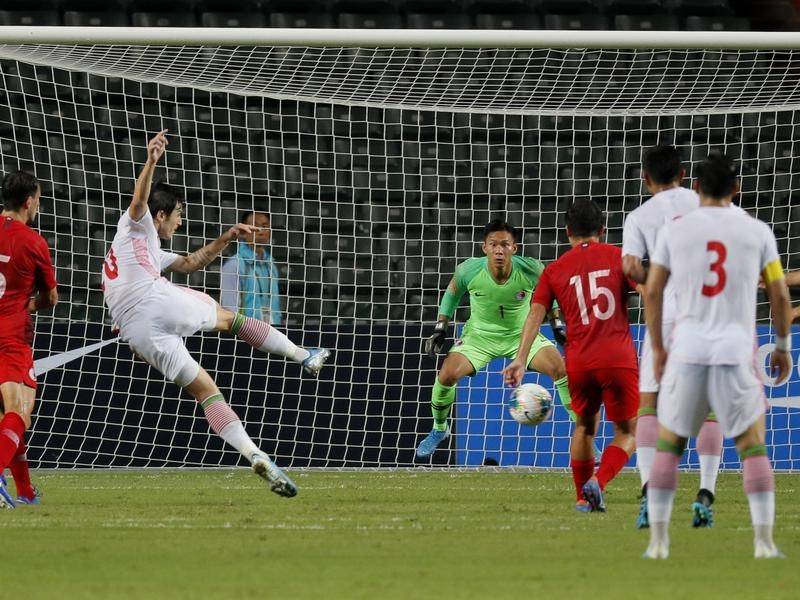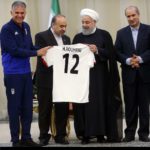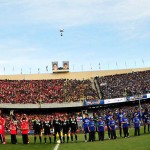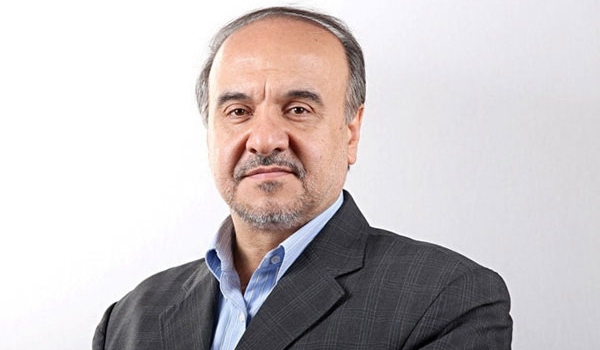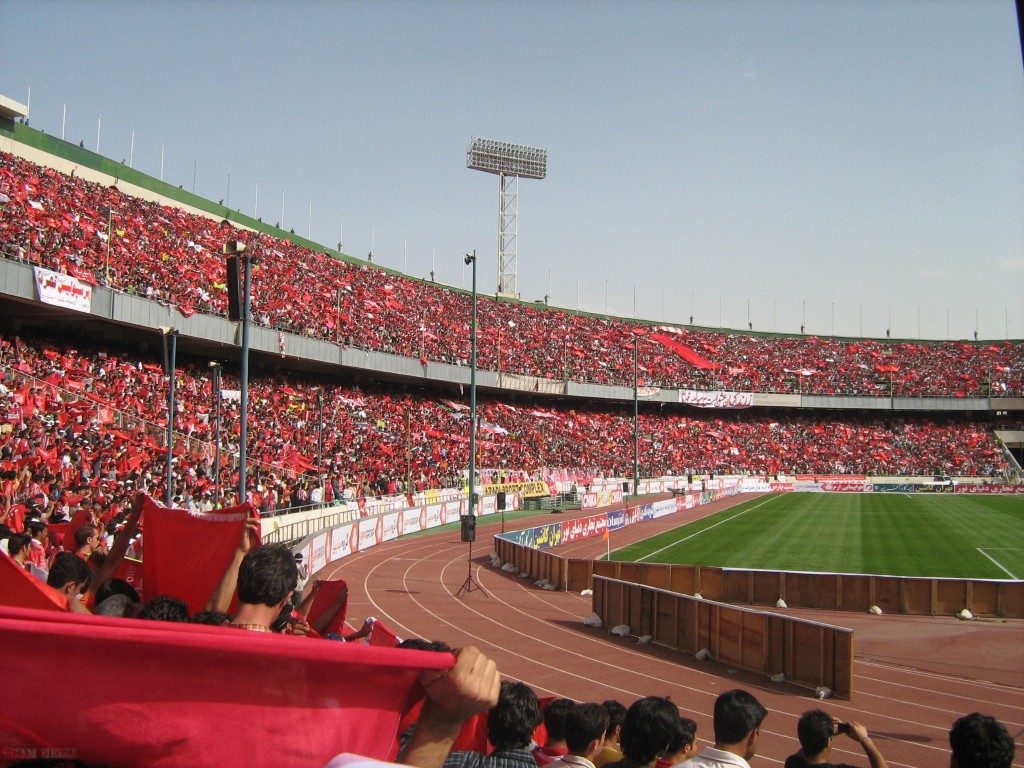Finally, Mehdi Taj and his entourage board members of the Football Federation are to be challenged about the circumstances of the suspicious and highly controversial deal by the parliament.
Mehdi Taj, along with several members of FFIRI board of directors and several current and former directors, attended a questioning session in the Islamic Consultative Assembly.
According to ISNA, the purpose of FFIRI board of directors’ appearance in Majlis is to determine if there was wrongdoing, negligence or corruption behind the signing of the deal with Wilmots, especially since the federation has been claiming for many years under both Ali Kaffashian and Mehdi Taj that it is critically short of funds even to pay its basic obligation, like the employee’s salaries, National teams training camps and inability to arrange meaningful friendly games for Team Melli to prepare for the World Cup citing fund shortage. Yet, the same federation that has been constantly seeking handouts from the government in effect using blackmail tactics, signs a multi-million dollar contract with a coach who has lasted only six months with Ivory Coast before he was sacked!
The FFIRI had steadfastly refused to disclose the terms of the deal and the justifications until public pressure and the threat of law suite finally exposed this horrendous commitment by the bankrupt federation.
Mehdi Taj and Ebrahim Shakoori, along with the current board of directors are under investigation for signing the worst sporting contract in the history of Iran at all levels. A contract with Marc Wilmots which resulted in Iran’s Team Melli not only risking eliminations from the qualifiers with two consecutive defeats under the Belgian but also resulted in the coach of Team Melli leaving the country accusing his employer of several breaches of the contract, which was supported by FIFA’s committee with Iranian side ordered to pay some € 6.2 million in fines to the person who has put Team Melli on the brink of elimination from the World Cup !.
The Minister of Sports and Youth Masoud Soltanifar and his deputies are also summoned for the hearing. It is strongly believed that the influence of the Minister was telling in the conclusion of the contract. With FFIRI board constantly seeking handouts, it is believed that none dared to challenge the Ministry’s choice while Soltanmifar denies any wrongdoing and only introducing the coach by recommendation of Iran-Belgium Chambers of commerce.
The executives are expected to answer questions from members of the Parliament about the background and the termination of the contract with Wilmots. FFIRI has borrowed over € 2.2 million from the social security organization to pay Wilmot’s salary.
Many observers are skeptical about any progress of the proceeding as it is feared that the issue will be kept under wrap and no one will be prosecuted especially since the Ministry of Sports and Youth is involved in the case as defendants.


